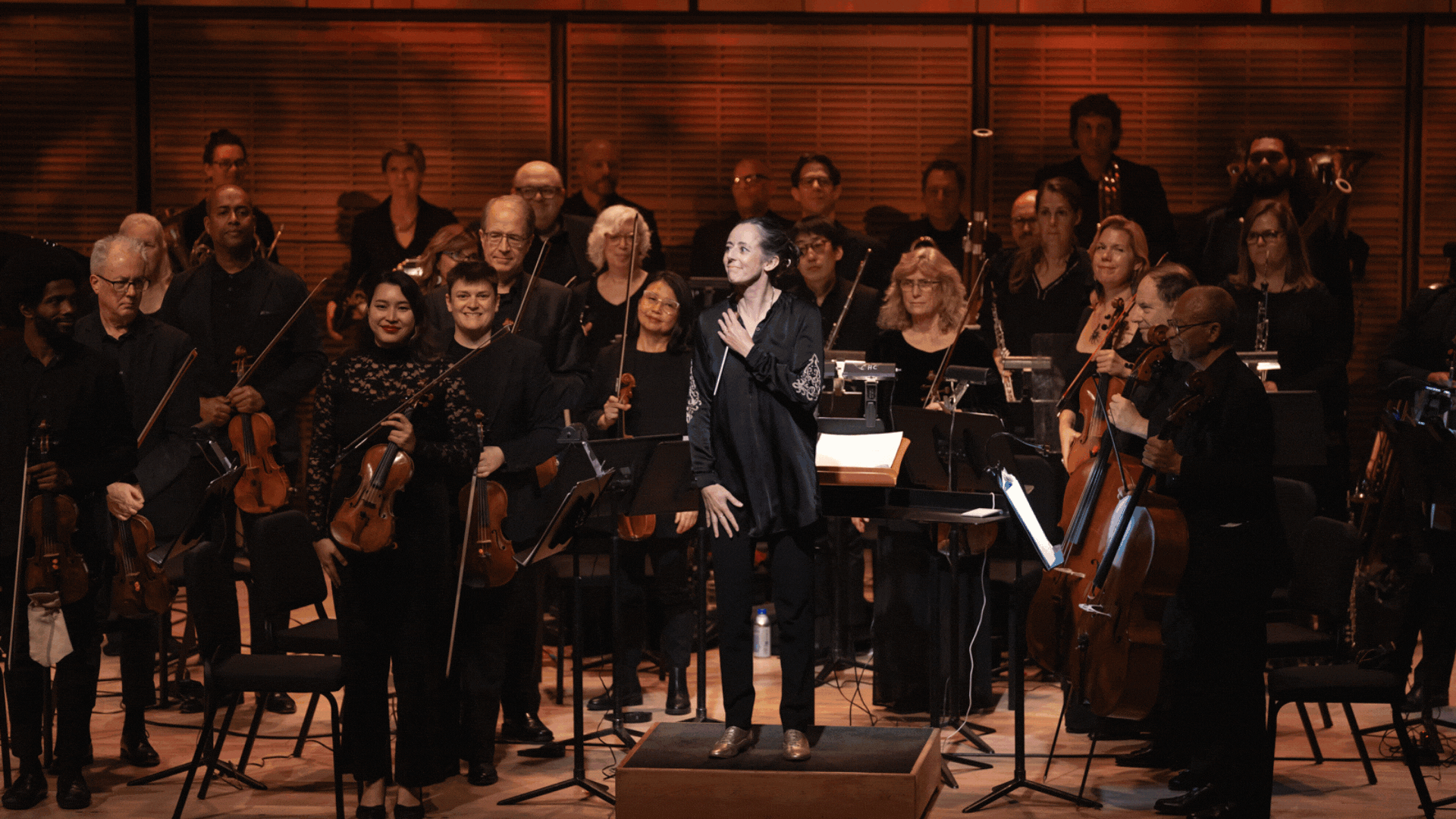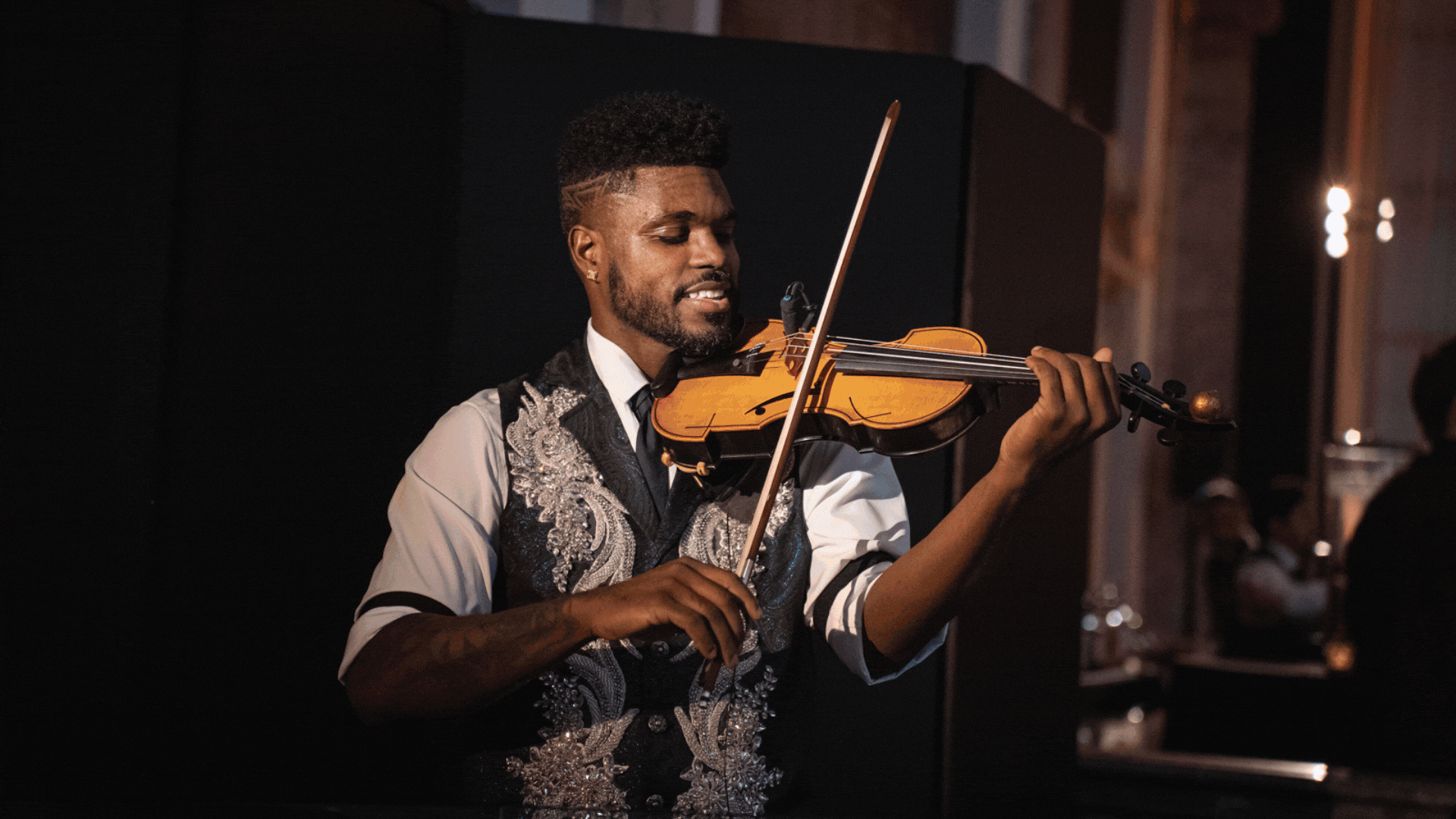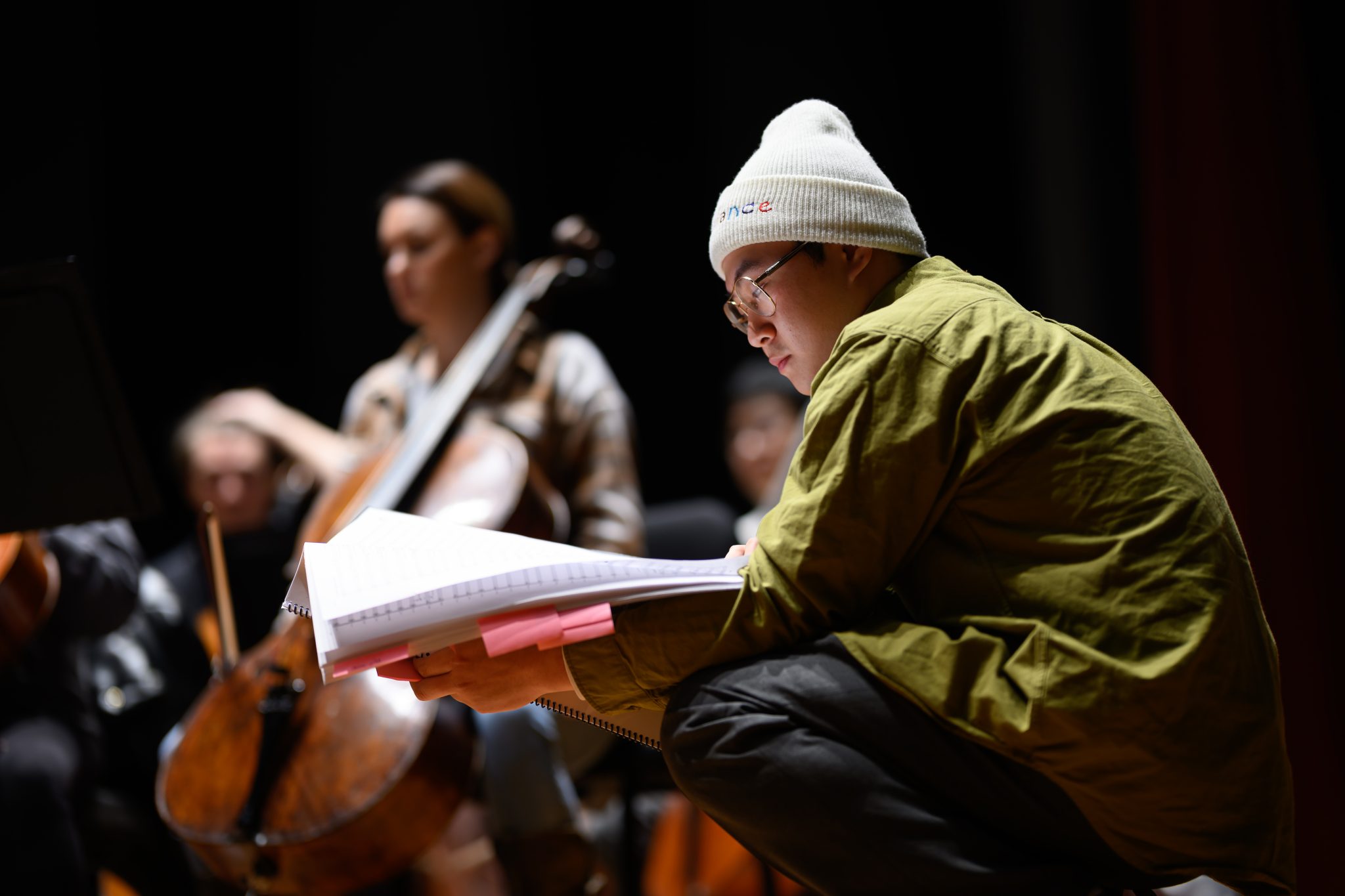Buffalo Philharmonic JCOI: Composer Spotlight - Hitomi Oba
Saxophonist and composer Hitomi Oba was raised in Berkeley, California and studied at the University of California Los Angeles in Music Composition where she received a BA in Ethnomusicology/Jazz Studies and completed her MA. Recent projects include her small ensembles, sixteen‐piece jazz orchestra, Jazz Nexus, electro‐acoustic pop duo, Nova, and the jazz opera, STRANGE FELLOWE. Her second jazz album, Negai, released under Japanese label M&I and distributor Pony Canyon, received a prestigious Swing Journal 42nd Annual Jazz Disc Award. Hitomi's commissions include works for the Los Angeles Asian American Jazz Festival, Kenny Burrell’s Los Angeles Jazz Orchestra Unlimited, and the Indian classical/jazz collaborative Aditya Prakash Ensemble. Hitomi is one of the co-founders of the new music collective, LA Signal Lab, comprised of fellow composer-performers with backgrounds in both jazz and classical traditions. Hitomi currently teaches music theory at UCLA, integrating Western classical, jazz, American popular music, and various world musical genres.
Hitomi participated in the Jazz Composers Orchestra Institute (JCOI) Summer Intensive last year and answered these questions for SoundAdvice. Her piece September Coming will be workshopped and read at the Buffalo Philharmonic JCOI Readings, Wednesday, September 21, 2016 at Kleinhans Music Hall.

Saxophonist and composer Hitomi Oba
American Composers Orchestra: You are an accomplished performer as a saxophonist as well as a composer. Can you talk about in what ways playing the saxophone has influenced your compositional style? Do you write music on the saxophone?
Hitomi Oba: My compositional process usually does not involve actual saxophone playing. That said, as an improviser of a melodic wind instrument, I often find myself very specifically shaping melodic phrasings that reflect the way I conceive them on the saxophone. The pitches themselves are not necessarily reflective of my saxophone improvisations, but the way in which a melody is played is often based in my how I might play it myself. Melodic phrasing is an area I have been exploring with great interest on the saxophone, and I believe it has made me very particular about it as a composer.
ACO: Your musical endeavors also include “American popular music” - music that most of us would consider mainstream pop and far away from the worlds of classical and jazz music. Can you talk about your efforts to connect them, through music and otherwise?
HO: I don’t consider many kinds of “American popular music” to be very far away from the worlds of classical and jazz music, especially given the vast variety of music within all three genres. Their similarities, compared to, for instance, many non-Western-affiliated musical practices in the world, result in many “cross-overs”, or “in-betweens.” With the easy access and exposure to all kinds of music today, it seems like many artists are naturally integrating their mixed musical backgrounds into their own works, yielding exciting and unique music. In my experience, novelty additions generally do fall flat. My own approach has been to organically compose a work that comes from my personal language, which, then, has to have been heavily influenced already by the genres present. Outside of composition, I have been teaching a theory course that integrates Western classical, jazz, other American popular, and various world musical genres. Simultaneously exploring the diversity and similarities in concepts and applications of various musical practices has been enriching to myself as a musician.
ACO: You write that the most intriguing idea you took away from the JCOI intensive program last summer was to use your own musical voice as an improviser to guide your composing. Can you talk about how you were able to do this in September Coming?
HO: As mentioned above, my melodic language as an improvising saxophonist has had an enormous influence on my composing, but I had never actually utilized the saxophone in my compositional process. After the JCOI intensive program, I sought to actively incorporate my saxophone improvisations, a closely personal aspect of my musical self. In particular, I have spent much care, as an improviser, on exploring organic phrases, with emphasis on gestures, textures, and momentum. While improvising, I am able to control the ebb and flow of time to be precisely musically right in the moment. When composing from my head, the subtleties of such timing, especially with disregard to meter, are often hard to pin down and translate on to paper. In order to take down such timings, I took the completely new approach of transcribing some solo saxophone improvisations, and using the transcriptions to base my material off of for this piece. This allowed me to preserve the arcs of phrases free from metric confines, as well as notate the implicit musical nuances. Based on this material, I composed and orchestrated to further enhance the spirit of the improvised material.
ACO: Can you talk about your experience at the JCOI Intensive? What aspects of your piece were influenced by techniques you learned or ideas you encountered during the program?
HO: The JCOI Intensive was an extremely inspirational and stimulating program that challenged and encouraged us participants as musicians. Being able to delve into what is often a solitary process, with brilliant, like-minded but diverse musicians was one of the most enriching experiences for me as a composer. The faculty not only were sharing their tools and knowledge, but their personal insights, philosophies, and passion. Being in a community of inspiring peers provided a unique, enriching environment I am grateful to have experienced.
The compositional process for this piece was heavily directed by the ideas I took away from the program. The emphasis on the composer’s personal improvisatory voice, and how to bring that out in an orchestral (and notated) setting were central for me. Discussions on how to relay the nuances of one’s language, being uninhibited to phrase across bar lines and other notational confines, and compositional processes were taken into consideration for this piece.
ACO: What are you looking forward to about the Buffalo Philharmonic JCOI Readings?
HO: I can’t wait to hear the pieces by the other JCOI composers; I imagine we will have a very diverse array of music. I’m really looking forward to the process of working with the Buffalo Philharmonic and what I anticipate will be intensive and stimulating discussions with the faculty mentors and peers. And, of course, I’m quite anxious to hear my piece, September Coming, come to life.
Learn more about Hitomi at www.hitomioba.com
Follow Hitomi on Facebook
Corporate gifts to match employee contributions are made by Goldman Sachs, Deutsche Bank, Triton Container International Incorporated of North America, and Neiman Marcus.
Public funds are provided by the New York City Department of Cultural Affairs in partnership with the City Council, and the New York State Council on the Arts with the support of Governor Kathy Hochul and the New York State Legislature, Office of Brooklyn Borough President Reynoso, and the National Endowment for the Arts.






